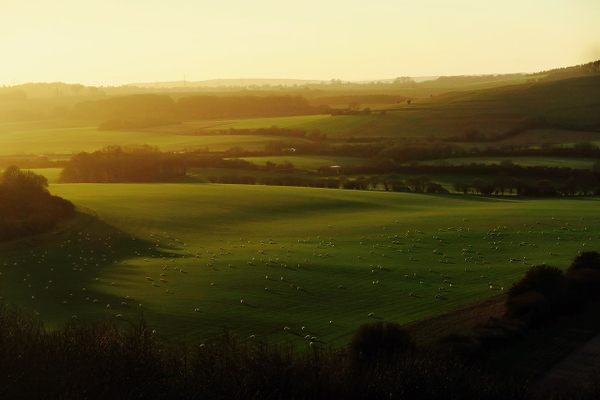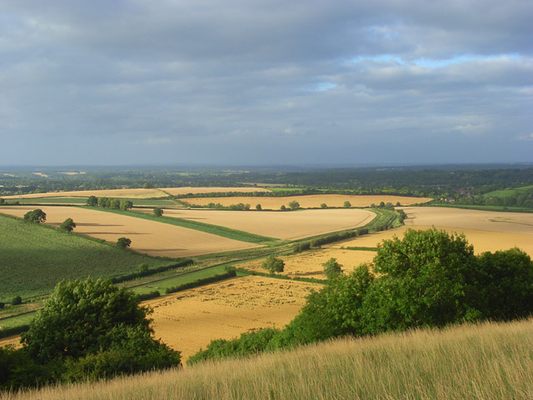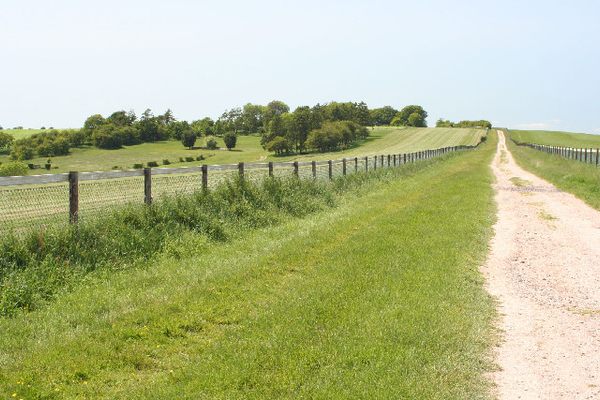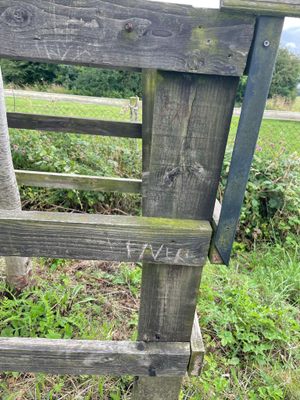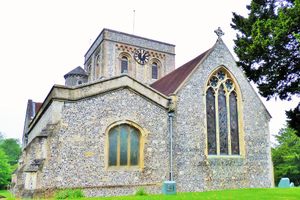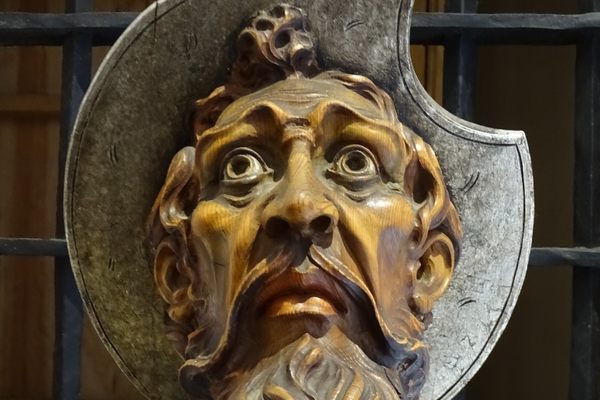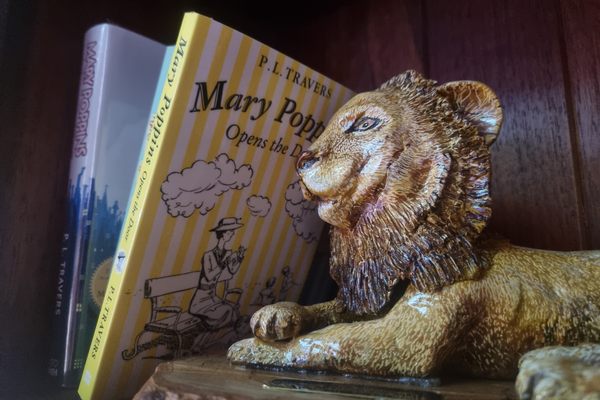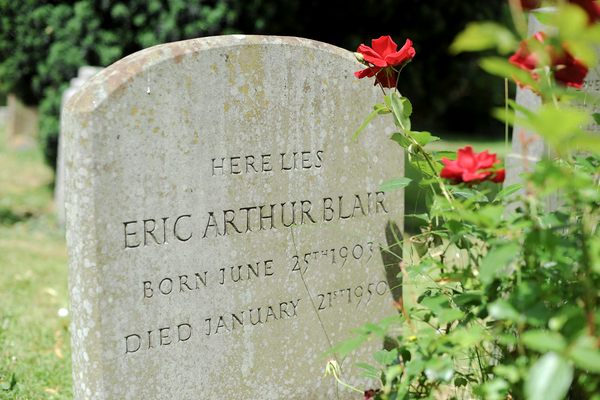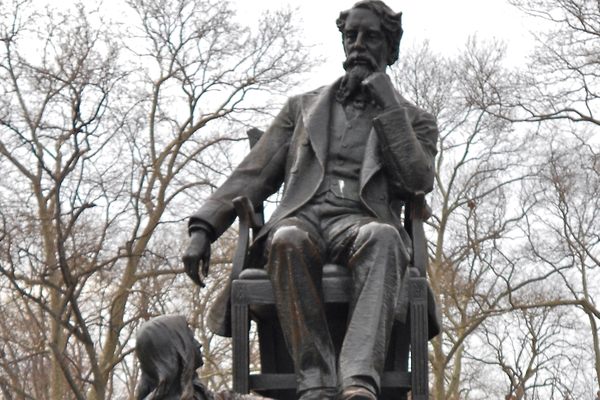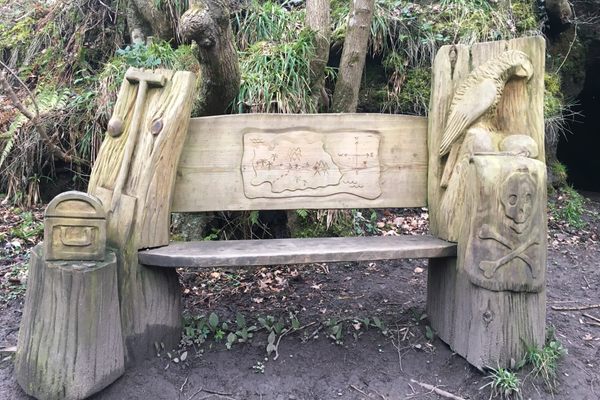About
Where better to go to observe rabbits than the location that inspired Richard Adams' groundbreaking 1972 novel, Watership Down?
In the book, a rabbit named Hazel leads a group of his brethren as they travel through dangerous country to escape the encroachment of mankind upon their world. Eventually the rabbits reach the top of Watership Down, a large chalk hill in England's North Hampshire countryside. Adams lived in the nearby town of Whitchurch and frequently used to walk with his children on the top of Watership Down. He told them stories about the rabbits who lived there, which his children encouraged him to write down—and thus, the book was born. All of the locations described in the book are real places and it is very easy to navigate the area using the map published in the front of the book.
Watership Down rises steeply on its northern flank, but the slope is much gentler to the south. The area is popular with cyclists and walkers. Gallops for exercising horses can be found both sides of a bridleway called the Wayfarers' Walk. This cross-country footpath runs along the ridge of the down. Other nearby features include Iron Age Hill Fort, Ladle Hill, on Great Litchfield Down, immediately to the west. Part of Watership Down has been declared a large biological Site of Special Scientific Interest. The surrounding area is rich in Iron Age burial mounds, enclosures, and field systems. Further to the west lies another hill fort called Beacon Hill.
In recent years, a tree has been planted at the north end of the wood where the rabbits choose to make their new warren. It was planted to replace a beech tree that was destroyed by a storm in 2004, the roots of which, was the site of the rabbits' warren in the novel. The new tree is only 20 feet tall right now, but still growing. It is protected by a wooden fence upon which visitors have roughly carved the names of some of the rabbits from the novel, including “Bigwig,” "Fiver," and “Hazel.” A plaque commends Richard Adams, the book’s author, for his love of the Down and all its inhabitants.
Related Tags
Know Before You Go
There is free car parking available at the White Hill Car Park, but do be careful as there is a busy road. The site of the Warren with the commemorative tree is about a one-mile walk from the car park. The path can be muddy, and the wind can be keen, so wear appropriate footwear and dress for the weather. Rabbits are crepuscular, so the best time to see them is at dawn or dusk. Red kites, buzzards, and other birds can be seen on the wind during the day.
Community Contributors
Added By
Published
January 14, 2020
Sources
- https://www.nytimes.com/2018/05/15/t-magazine/watership-down-hampshire-england.html
- https://en.wikipedia.org/wiki/Watership_Down,_Hampshire
- https://www.theguardian.com/environment/2018/dec/22/on-the-real-watership-down-rabbits-are-hard-to-come-by
- https://www.alltrails.com/explore/trail/england/berkshire/the-watership-down-walk?ref=sidebar-static-map&u=i
